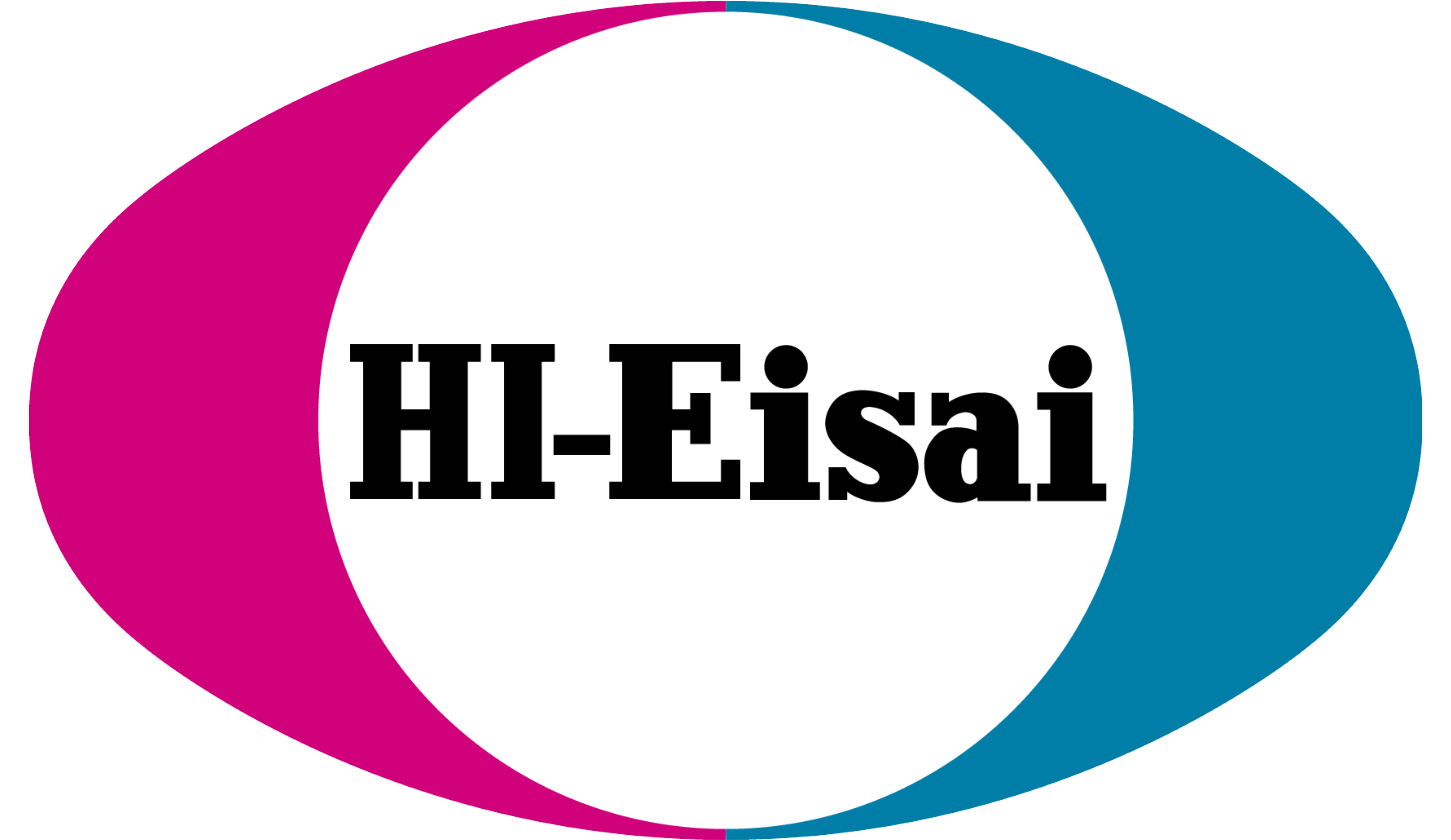Liver Health and Nutrition: Nourishing Your Liver
The liver plays a vital role in metabolism, digestion, and detoxification. A healthy diet is essential for maintaining liver function and preventing liver disease. Here, we explore the role of nutrition in liver health and offer dietary tips for promoting optimal liver function:
Foods that Promote Liver Function:
Fruits and Vegetables: Rich in antioxidants and fiber, fruits and vegetables help protect the liver from damage and support its detoxification processes. Include a variety of colorful fruits and vegetables in your diet.
Whole Grains: Whole grains like brown rice, oats, and whole wheat provide fiber and nutrients that support liver health. They also help regulate blood sugar levels, which is important for liver function.
Lean Proteins: Choose lean protein sources such as poultry, fish, legumes, and tofu. These foods provide essential amino acids without the saturated fat found in red meat.
Healthy Fats: Include healthy fats in your diet, such as those found in olive oil, avocados, and nuts. These fats support liver health and may help reduce inflammation.
Green Tea: Green tea is rich in antioxidants called catechins, which have been shown to protect the liver from damage and reduce fat buildup in the liver.
Turmeric: Turmeric contains a compound called curcumin, which has anti-inflammatory and antioxidant properties that may benefit liver health.
Dietary Modifications for Liver Disease:
Limit Alcohol: If you have liver disease or are at risk for liver disease, it’s important to limit or avoid alcohol completely. Alcohol can damage liver cells and worsen liver disease.
Reduce Salt Intake: Excess salt can lead to fluid retention and swelling in individuals with liver disease. Limit your intake of processed foods, which are often high in salt.
Watch Your Protein Intake: While protein is important for liver health, consuming too much protein can put strain on the liver. Consult with a Doctor or dietitian for personalized recommendations.
Be Cautious with Supplements: Some supplements, such as iron and vitamin A, can be harmful to the liver in high doses. Always consult with a Doctor before taking any supplements.
Stay Hydrated: Drinking plenty of water helps flush toxins from the liver and supports overall liver function.
Maintain a Healthy Weight: Obesity and excess body fat can contribute to fatty liver disease. Aim to maintain a healthy weight through a balanced diet and regular exercise.
A healthy diet plays a crucial role in maintaining liver health and preventing liver disease. By including nutrient-rich foods and making dietary modifications as needed, you can support your liver and promote overall well-being. If you have liver disease or are at risk for liver disease, consult with a Doctor or dietitian for personalized dietary recommendations.






